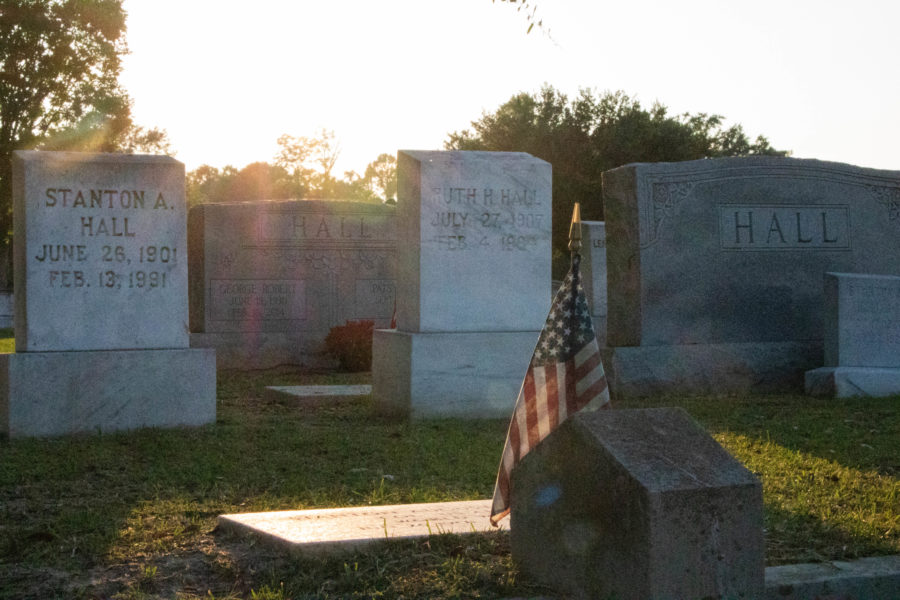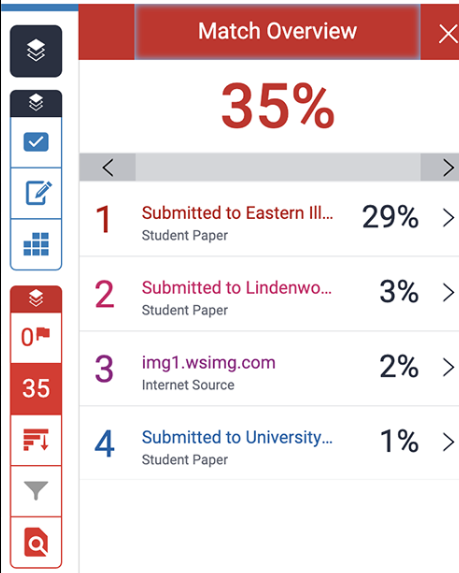Photo by Kathleen Hetherington
Following the terrorist attack in 2001, the citizens of Manhattan experienced an emotional aftershock, which led them to
Assistant chief for the Hattiesburg Police Department Peggy Sealy said she was working at the station as a detective that day. Sealy said she watched the footage of the towers crumbling in the conference room with her fellow officers.
“It was real, but it didn’t feel real,” Sealy said. “I couldn’t believe it, that an event like that would take place here.”
Hope Burke, a survivor of the attack and a native of Alabama, was in Manhattan at the time.
Burke was 19 at the time. She had just moved to New York in 2001.She remembers having to cross the Brooklyn Bridge and not having her purse because she left it at work. Burke worried about her roommate’s safety, who were police officers for the NYPD. She remembers the sirens and the smoke and traveling to a safe place. Burke eventually found a Marriott that let her stay there for free.
“I always tell people that it was a shock. It’s hard to explain, but I had tunnel vision,” Burke said. “I could hear my brain telling me what to do, but my mind was foggy.”
Burke said she believes that the most important part of the experience was when citizens came together to support one another.
“They took something that day, from so many of us,” Burke said. “No one cared about anything but helping their neighbors that day.”
Burke now lives in Louisville, Kentucky, with her family. She visits Manhattan every year with her son Kingston for the anniversary of 9/11. They pass out their favorite book, “One Tuesday Morning,” by Karen Kingsbury to the people at Ground Zero in an effort to help those who are still grieving.
Dawn Tisdale, a counselor in Mississippi, flew to New York shortly after the attack to help with the crisis response.

Dawn Tisdale, who was 36 at the time, first heard about the attack while working at Petal High School as a counselor.
During school that day, the front office got a call from a concerned parent who told them to turn on the news. When the word spread, many students began checking out of class, while others visited Tisdale for guidance.
Tisdale had to focus on the students at the time, but she was worried about her family members. She wanted her family close to her during the disaster.
“My biggest concern was: Where to next?” Tisdale said. “Were the attacks going to continue?”
Petal High School had trained their counselors specifically for this type of crisis. Tisdale was trained by NOVA Crisis Response. A week after the attack, she was called to New York to assist survivors and their families. She was scheduled to help with crisis response just a few blocks away from Ground Zero. Tisdale remembers the flight there and how terrified she was. Upon landing, she saw Manhattan as a war zone.
“You could still smell the smoke. There were police officers on every corner,” she said. “You see it on TV from a different perspective, but this was real. They were still finding bodies.”
Tisdale said she helped 50 to 70 families a day while working 14 hours each session. As she helped others, her family worried for her safety back home. While she guided people affected by the disaster, she benefited companies as well. Tisdale held a crisis debriefing for a culinary school near the attack. She said could not believe how thankful people were that she gave up her time to help them.
“Talking about it can help you work through it,” she said. “It’s okay to grieve, even now.”
Tisdale visited New York years after her crisis response To Tisdale, the city isn’t just a tourist destination.
“It’s not the same anymore. It’s not full of tourists, just survivors,” she said.



























